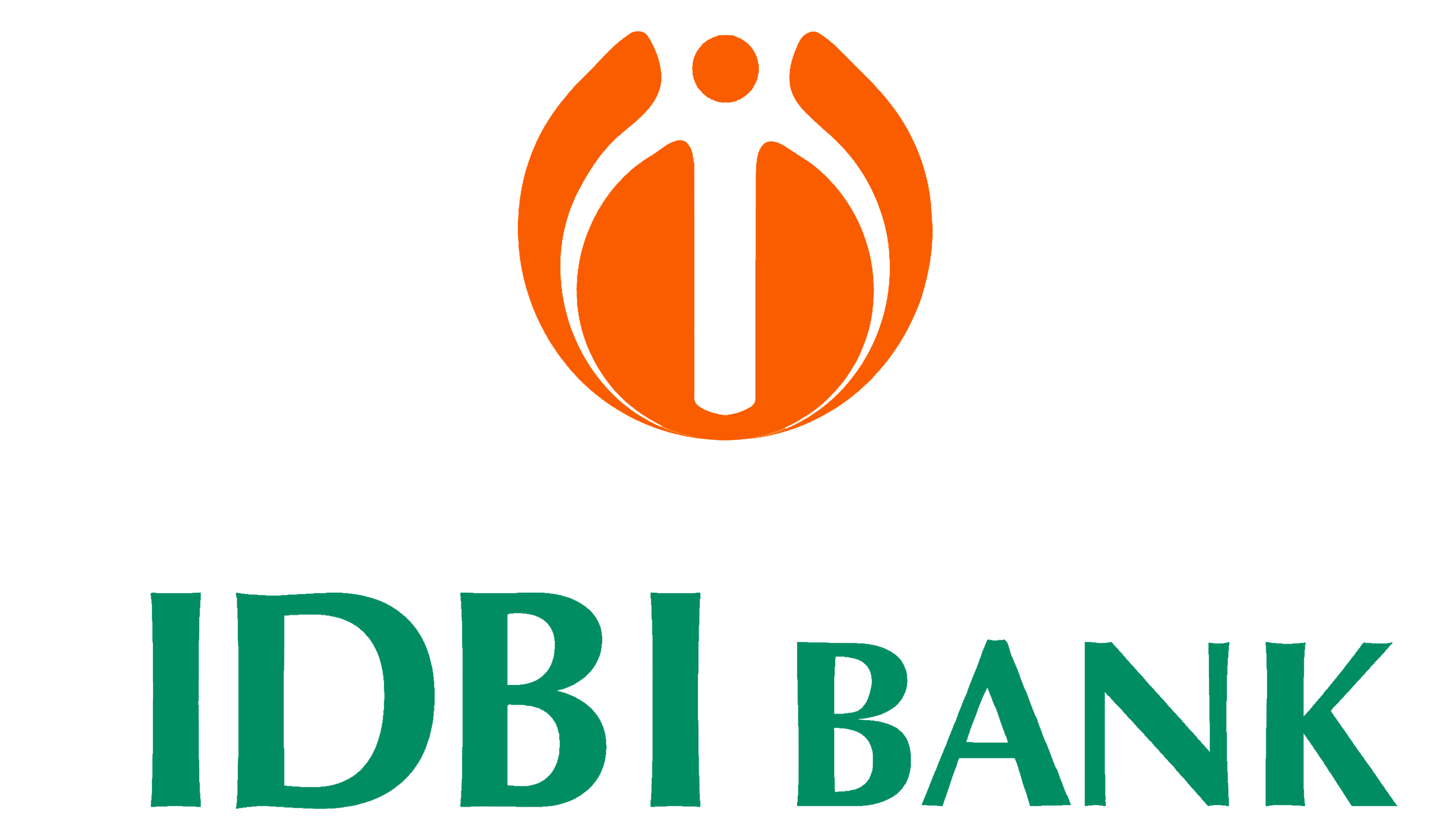Tax Deducted at Source
Company ITR filing is a crucial annual compliance requirement that every company must fulfill. It is highly advisable to file the company ITR by the due date to ensure tax compliance and avoid unnecessary penalties or additional charges associated with late or non-filing of the return. Timely filing not only keeps a company in good standing with tax authorities but also helps mitigate any financial burdens that might arise from delays. This blog aims to provide a comprehensive understanding of the company ITR filing deadline, associated charges, and the e-filing process.
Complete Your ITR Filing
Ready Your Tax Deducted at Source with Auriga Accounting
- Connect with our Experts
- Submit Your Required Documents
- Track Application Status
- Received your Certificate














